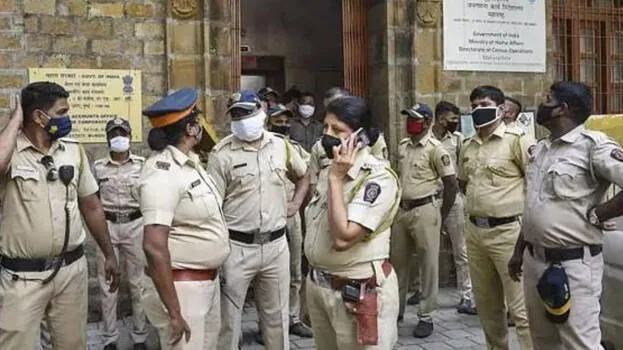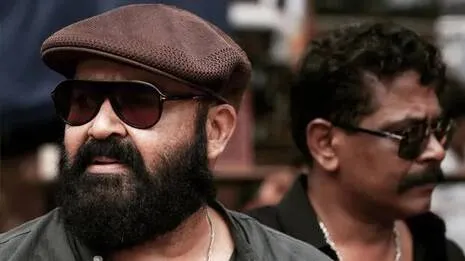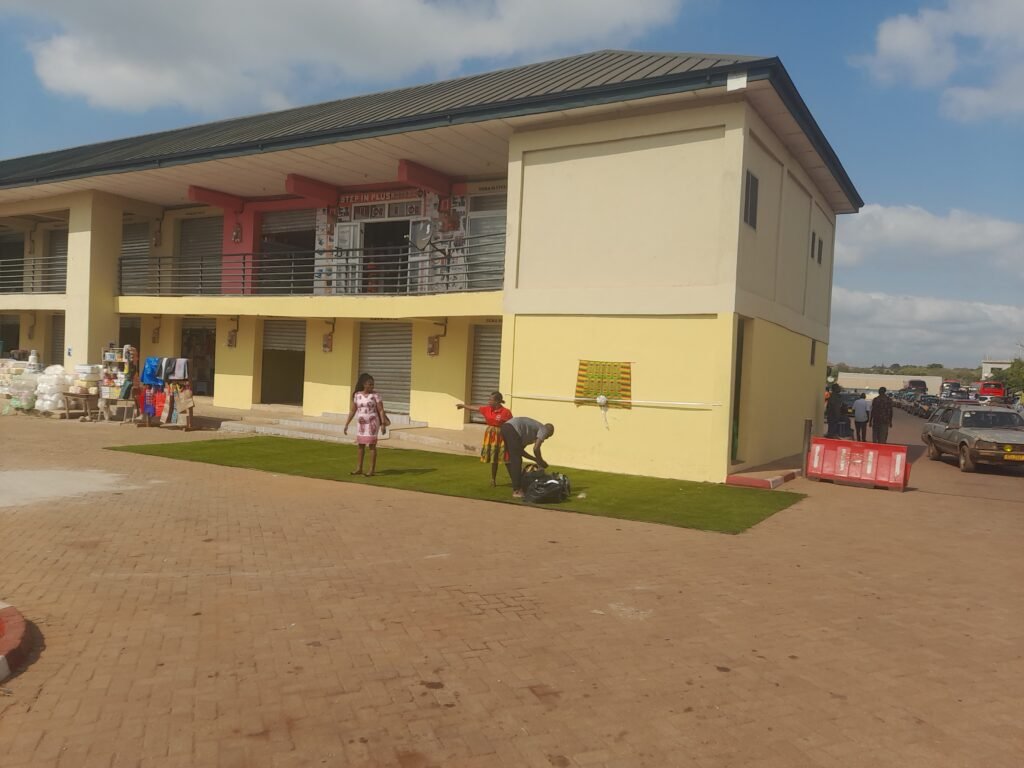
One year has passed since Bangladesh's human rights record was reviewed under the United Nations Human Rights Council's Universal Periodic Review (UPR), an important and widely acceptable mechanism designed to promote and protect human rights globally. On November 13, 2023, a total of 110 UN member states presented Bangladesh with 301 recommendations to improve human rights practices and establish the state's accountability. Following this, on March 25, 2024, Bangladesh expressed support for 211 of these recommendations, while noting 90 others.
The country's political landscape has undergone a profound shift recently, bringing renewed hope and presenting a crucial opportunity to implement meaningful reforms that could improve the human rights situation. While significant challenges remain, the anti-discrimination movement, along with the interim government's positive actions in recent months have raised expectations for a more just and accountable society. The previous government faced widespread accusations of human rights violations, including restrictions on free expression, arbitrary detentions, and enforced disappearances by the United Nations Human Rights mechanism including the UPR.
In contrast, the interim government has signalled a strong commitment to upholding human rights, ensuring accountability for past abuses, and implementing reforms to prevent further violations. One of the most notable steps taken by the interim government has been the ratification of the Convention on the Protection of All Persons from Enforced Disappearances, a move that had been recommended in each of the past four UPR cycles. The prior administration had rejected the recommendation, arguing that there was no legal framework for addressing "enforced disappearances" in Bangladesh and that reforms were needed before adopting the convention.
The new government's decision to ratify the convention marks a significant departure from past policies and indicates a willingness to address this pressing human rights concern. The government should now prioritise aligning its domestic legal framework with the provisions of the convention and establish a clear legal definition of enforced disappearances under national law in line with the convention. Another key development is the establishment of an independent inquiry commission by the interim government to investigate allegations of human rights violations committed by law enforcement agencies (LEAs).
The former government had consistently rejected calls for an independent body to probe accusations of police and military misconduct, citing existing training programmes and penalties for misconduct as sufficient safeguards. In contrast, the new inquiry commission, led by a former justice, has already begun its work and has reportedly uncovered evidence of enforced disappearances, demonstrating a more proactive approach to addressing human rights abuses. The former government had also resisted calls to amend the controversial Cyber Security Act (CSA), despite widespread criticism from civil society, journalists, and international bodies.
The CSA was seen as a tool to curtail freedom of expression, particularly targeting the press and online activists. The new government, however, has moved forward with plans to repeal the CSA. In a recent development, the advisory council gave provisional approval to a draft ordinance to repeal the CSA, signalling a shift toward greater freedom of expression in the digital realm.
Such initiatives give hope that the government will take progressive initiatives to implement other UPR recommendations whether they were supported or noted by the former government. Thus, the government should continue taking concrete steps to protect journalists, media workers, dissidents, human rights defenders and civil society, political and cultural activists from harassment, arbitrary detention, mob attack or violence. This includes ensuring that media outlets are free to operate without government interference, journalists have the freedom to report on sensitive issues, and human rights defenders, political and cultural activists have the space to raise voices without fear of reprisals.
Additionally, it is expected the government will urgently take measures to safeguard citizens' rights to access justice, ensure equality before the law regardless of their differences, and protect them from all forms of torture, humiliation, or ill-treatment. In line with the goals of the anti-discrimination movement, which sought to build an inclusive society for all citizens, the government must also prioritise the implementation of recommendations to ensure the rights of indigenous, religious, and other minority and marginalised groups. Another area where the government should focus is the strengthening of the National Human Rights Commission (NHRC).
In the latest UPR, several recommendations were made to bolster the NHRC, with an emphasis on ensuring its independence and effectiveness in line with the Paris Principles. The NHRC has long been criticised for its limited mandate and lack of independence, primarily due to the restrictive framework set out in the National Human Rights Commission Act 2009. Despite previous efforts to reform the Act, little progress has been made.
However, there is now an expectation that the interim government will prioritise reforming the NHRC Act 2009, enabling it to address human rights violations more effectively and independently. Additionally, with the recent resignation of the NHRC Chair and other members, there are expectations that the government will ensure a transparent, open, and participatory process for selecting new members of the commission. Looking ahead, the government has an opportunity to create a more structured and transparent process for implementing its human rights obligations.
One potential avenue is the development of a comprehensive action plan that integrates recommendations from various UN human rights mechanisms, including the UPR, and sets out clear timelines for their implementation. This plan could be accompanied by a monitoring mechanism to track progress and an inter-ministerial coordination body that includes representatives from civil society organisations (CSOs) and the NHRC to ensure input and accountability. Such a mechanism will expedite the fulfilment of the government's human rights obligations and reinforce the process of ensuring accountability for human rights within the government.
It would also provide a platform for continued dialogue with the UN and other international stakeholders, ensuring that Bangladesh remains on track to meet its human rights commitments and strengthen the rule of law. Tamanna Hoq Riti is coordinator of Universal Periodic Review (UPR) and the United Nations Convention on the Rights of the Child (UNCRC) mechanism project at the Media & International Advocacy unit of Ain O Salish Kendra (ASK). Views expressed in this article are the author's own.
Follow The Daily Star Opinion on Facebook for the latest opinions, commentaries and analyses by experts and professionals. To contribute your article or letter to The Daily Star Opinion, see our guidelines for submission ..














